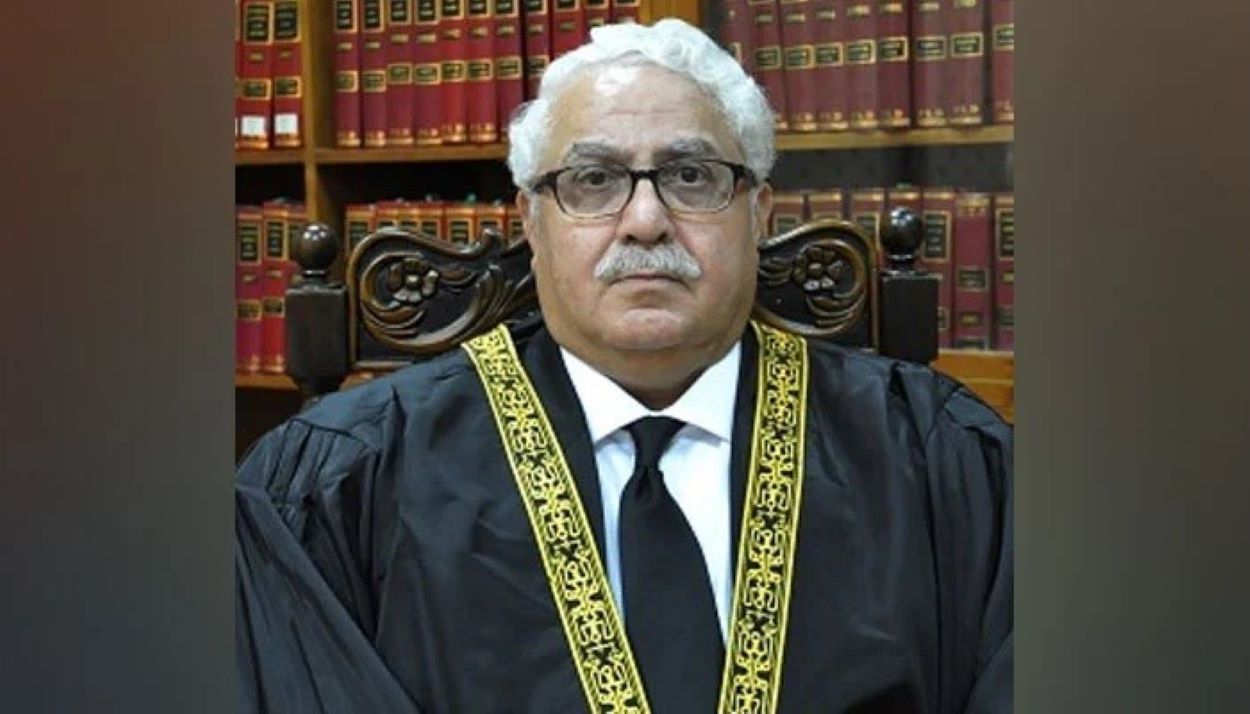The Supreme Judicial Council (SJC) found Justice (retd) Mazahar Ali Akbar Naqvi, a former Supreme Court Justice, guilty of misconduct. The council stated that Naqvi should have been dismissed before his resignation. Addressing multiple allegations against him, the council concluded that Naqvi’s actions warranted removal from his judicial position.
Following these allegations, Naqvi resigned unexpectedly in February 2024, a decision that came just before a similar resignation by Justice (retd) Ijazul Ahsan, raising speculation about the reasons for their abrupt departures. In his resignation letter, Naqvi expressed that under the prevailing public scrutiny and considerations of due process, he could no longer fulfil his duties as a Supreme Court judge.
The SJC, led by Chief Justice of Pakistan Qazi Faez Isa and other distinguished members, wrapped up its misconduct investigation against Naqvi on Friday. During its deliberation, the council examined six complaints against various judges but found only one allegation – against a High Court of Balochistan judge – compelling enough to demand a response.
Specifically regarding Naqvi, the council deemed him guilty of misconduct across nine complaints, underlining the necessity of his removal under Article 209(6) of the Constitution. This decision aligns with a recent Supreme Court verdict that SJC proceedings against judges continue notwithstanding their resignation or retirement.
Moreover, the SJC has updated Article V of its conduct code, allowing judges to respond publicly to allegations without breaching conduct rules. The amendment came after judges expressed concern that responding to allegations might be misinterpreted as misconduct. The revised Article V emphasizes that a judge’s public visibility should suffice for reputation, advising against engaging in public or political controversies. This adjustment aims to balance transparency with the dignity of judicial office, allowing judges a defined avenue to address publicized allegations against them.






